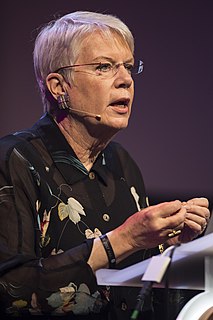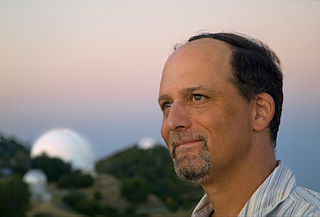Top 1200 Stars And Planets Quotes & Sayings
Explore popular Stars And Planets quotes.
Last updated on April 14, 2025.
When you gaze at stars and think about planets, the places it takes your imagination are amazing! You look up the sky, and you know the stars have always been here; they were referenced in biblical times and have always been present. They are somewhere up there in the future, and they guide you; they make you feel safe.
There was a sky somewhere above the tops of the buildings, with stars and a moon and all the things there are in a sky, but they were content to think of the distant street lights as planets and stars. If the lights prevented you from seeing the heavens, then preform a little magic and change reality to fit the need. The street lights were now planets and stars and moon.
People have stars, but they aren't the same. For travelers, the stars are guides. For other people, they're nothing but tiny lights. And for still others, for scholars, they're problems... But all those stars are silent stars. You, though, you'll have stars like nobody else... since I'll be laughing on one of them, for you it'll be as if all the stars are laughing. You'll have stars that can laugh!... and it'll be as if I had given you, instead of stars, a lot of tiny bells that know how to laugh.
We know there are billions of stars and planets literally out there, and the universe is getting bigger. We know from our fancy telescopes that just in the last two years more than 20 planets have been identified outside our solar system that seem to be far enough away from their suns - - and dense enough - - that they might be able to support some form of life. So it makes it increasing less likely that we're alone. But if we were visited someday, I wouldn't be surprised.
What is there in places empty of matter? and Whence is it that the sun and planets gravitate toward one another without dense matter between them? Whence is it that Nature doth nothing in vain? and Whence arises all that order and beauty which we see in the world? To what end are comets? and Whence is it that planets move all one and the same way in orbs concentrick, while comets move all manner of ways in orbs very excentrick? and What hinders the fixed stars from falling upon one another?
But what exceeds all wonders, I have discovered four new planets and observed their proper and particular motions, different among themselves and from the motions of all the other stars; and these new planets move about another very large star [Jupiter] like Venus and Mercury, and perchance the other known planets, move about the Sun. As soon as this tract, which I shall send to all the philosophers and mathematicians as an announcement, is finished, I shall send a copy to the Most Serene Grand Duke, together with an excellent spyglass, so that he can verify all these truths.
We are made out of stardust. The iron in the hemoglobin molecules in the blood in your right hand came from a star that blew up 8 billion years ago. The iron in your left hand came from another star. We are the laws of chemistry and physics as they have played out here on Earth and we are now learning that planets are as common as stars. Most stars, as it turns out now, will have planets.
This most beautiful system of the sun, planets and comets could only proceed from the counsel and dominion of an intelligent and powerful Being. And if the fixed stars are the centres of other like systems, these, being formed by the like wise counsel, must be all subject to the dominion of One; especially since the light of the fixed stars is of the same nature with the light of the sun.
... the only other place comparable to these marvelous nether regions, must surely be naked space itself, out far beyond atmosphere, between the stars, where sunlight has no grip upon the dust and rubbish of planetary air, where the blackness of space, the shining planets, comets, suns, and stars must really be closely akin to the world of life as it appears to the eyes of an awed human being, in the open ocean, one half mile down.
How have I been able to live so long outside Nature without identifying myself with it? Everything lives, moves, everything corresponds; the magnetic rays, emanating either from myself or from others, cross the limitless chain of created things unimpeded; it is a transparent network that covers the world, and its slender threads communicate themselves by degrees to the planets and stars. Captive now upon earth, I commune with the chorus of the stars who share in my joys and sorrows.
There's no doubt that the search for planets is motivated by the search for life. Humans are interested in whether or not life evolves on other planets. We'd especially like to find communicating, technological life, and we look around our own solar system, and we see that of all the planets, there's only one that's inhabited.
A major puzzle for which nobody has an answer is this: is there some size at which the planets change their nature from water-rich planets like Neptune, to rocky planets like the Earth? We have found two planets that are the size of the Earth in radius, but they are very close to their host star, so water on the surface would evaporate away.












































